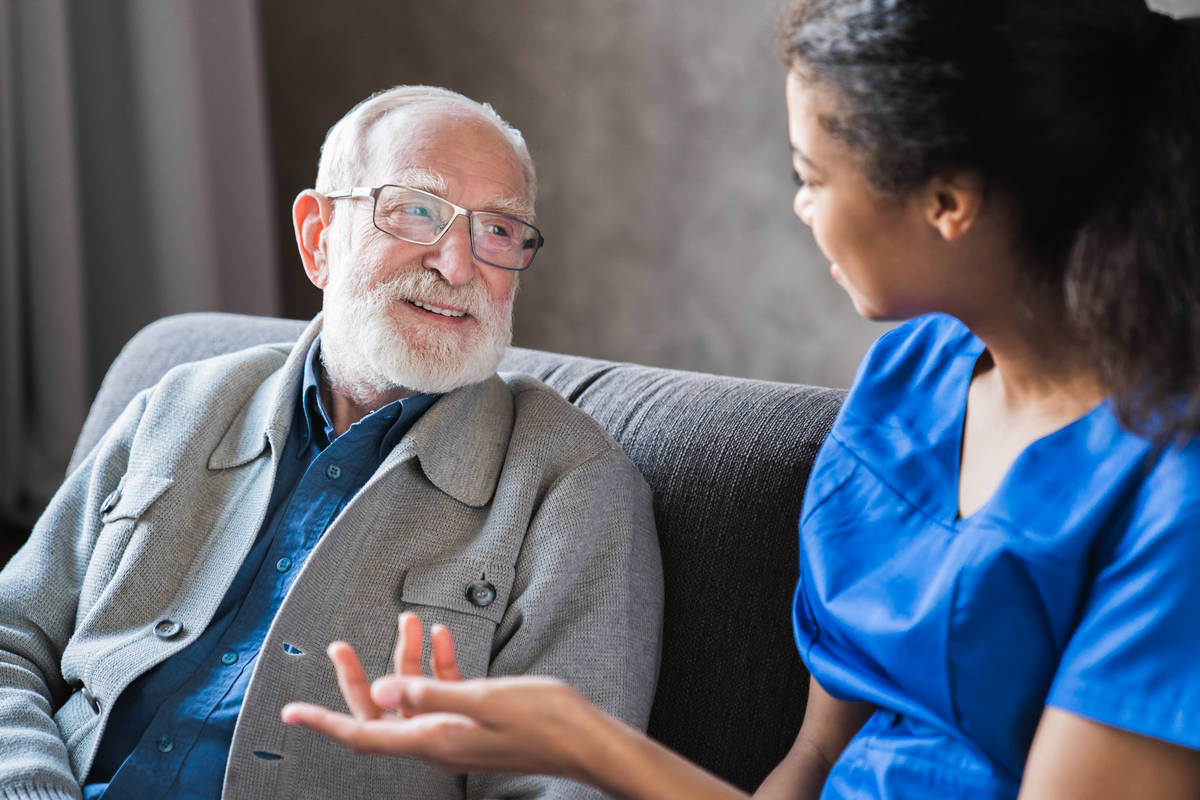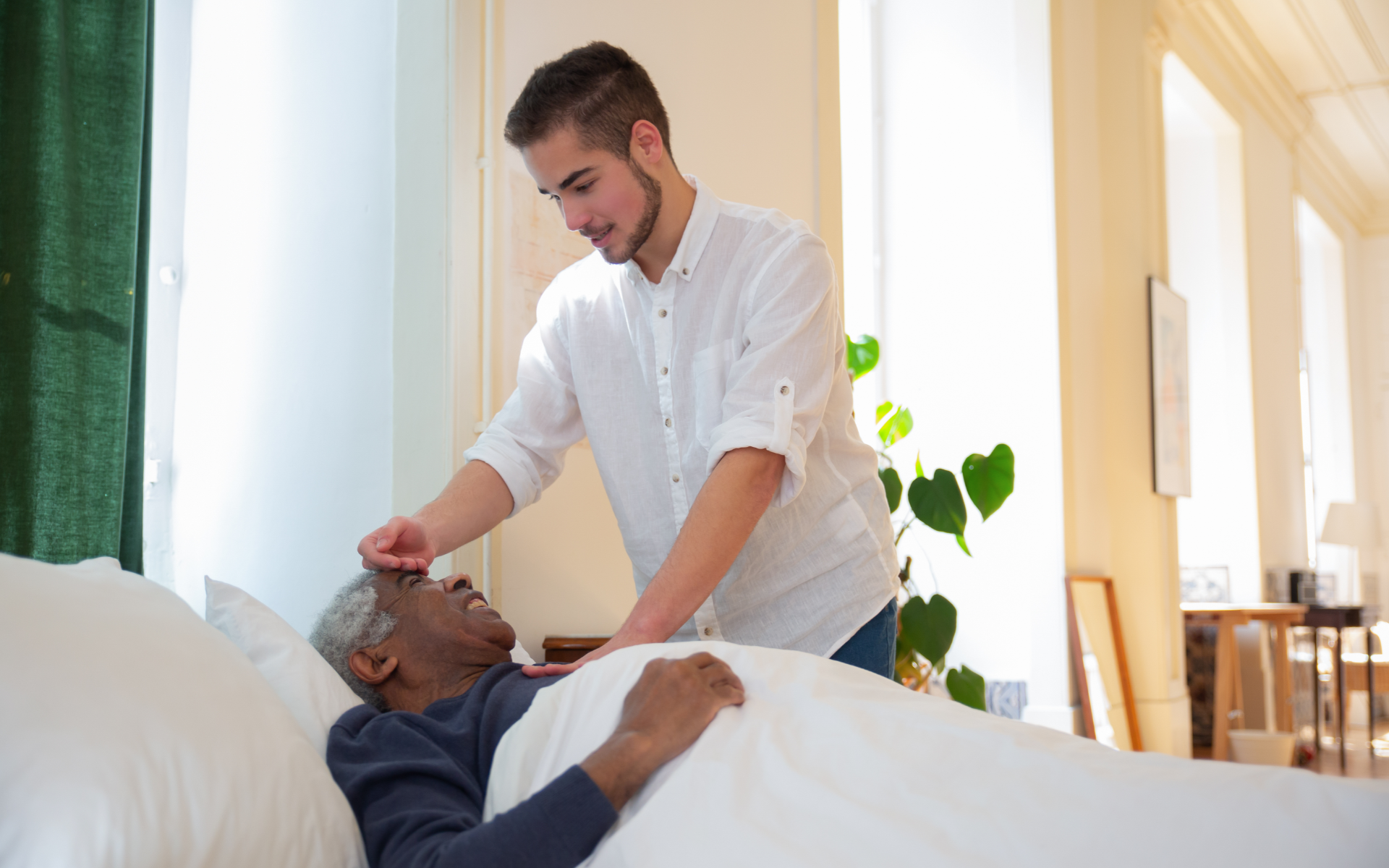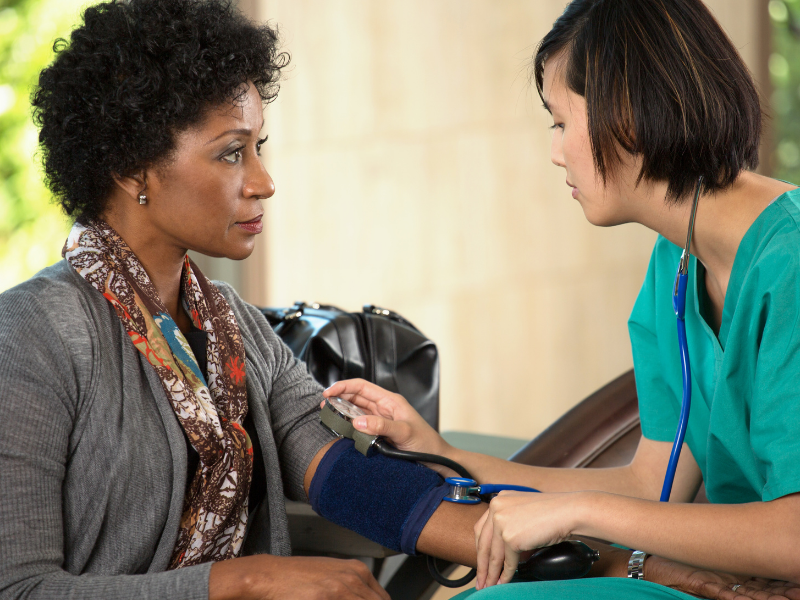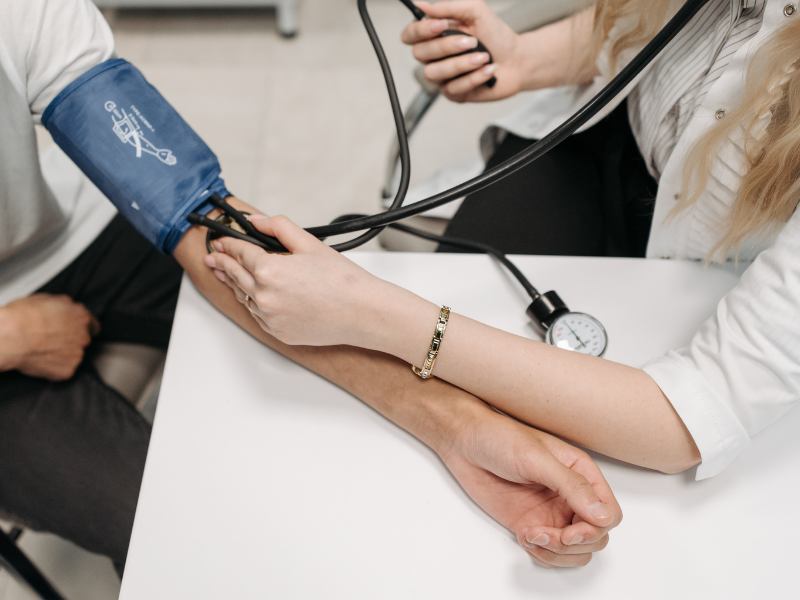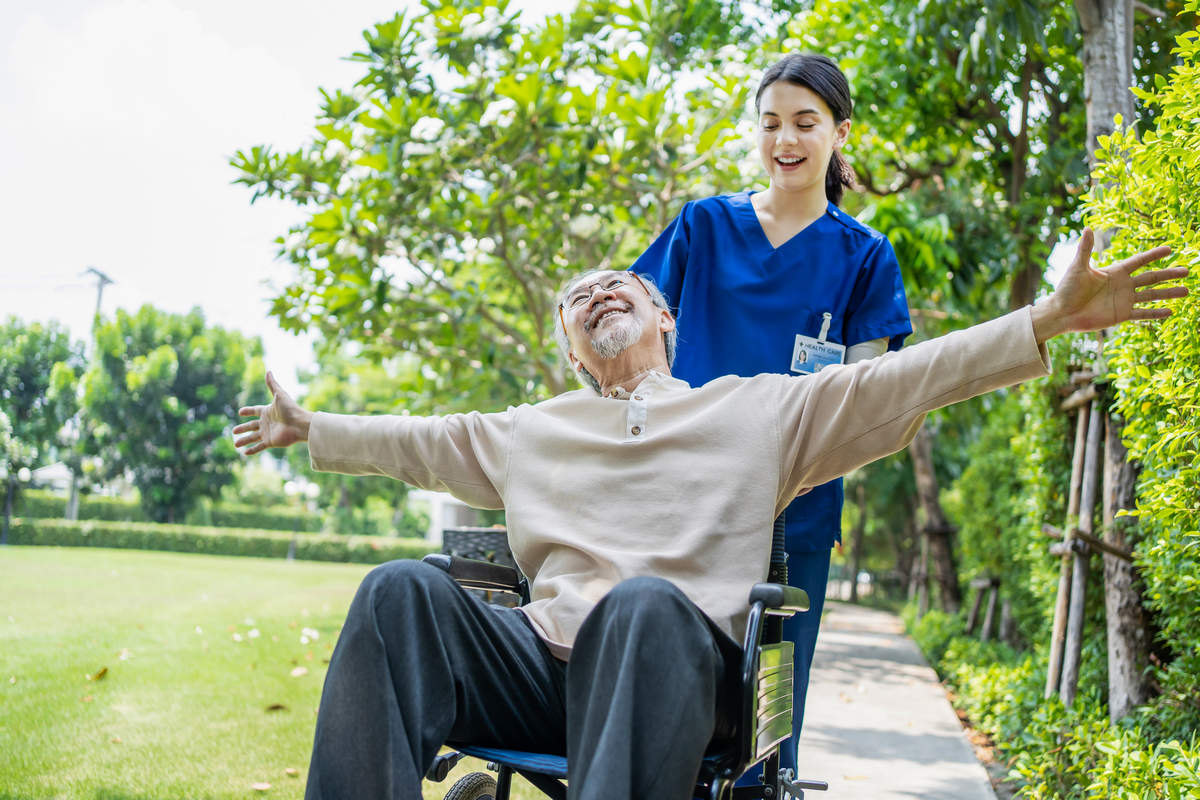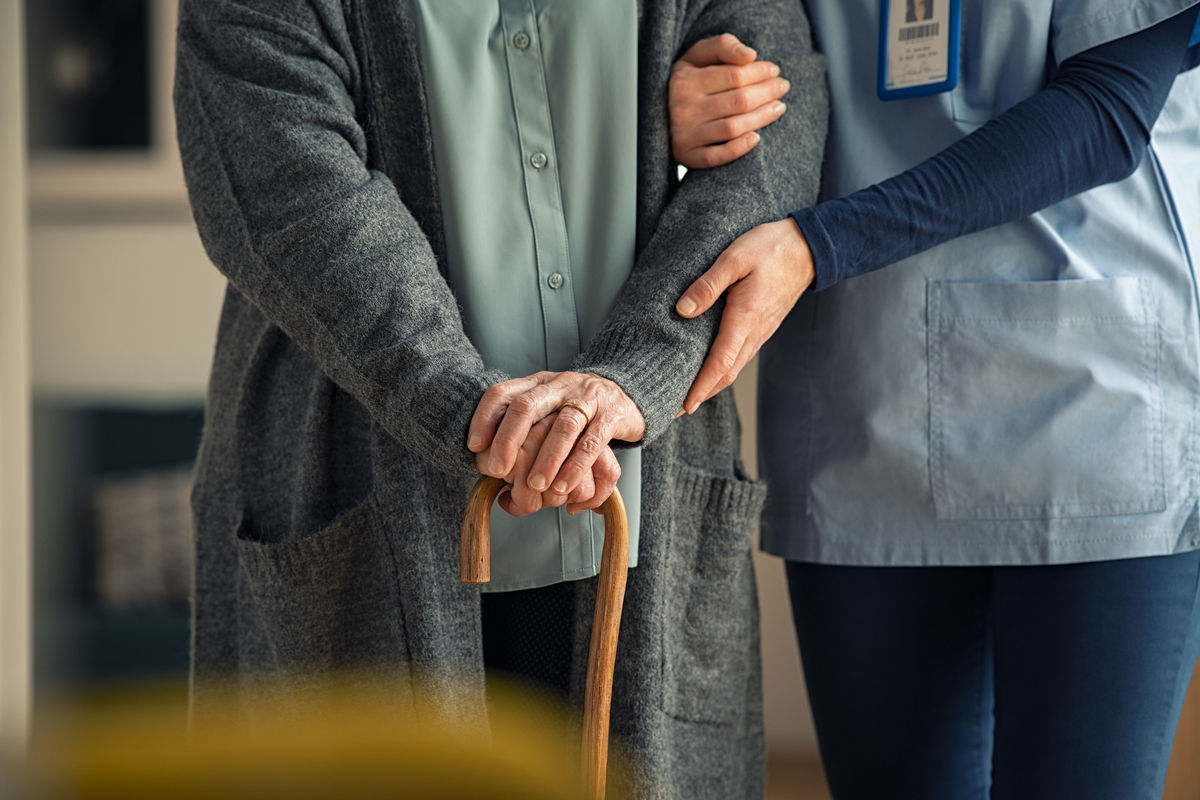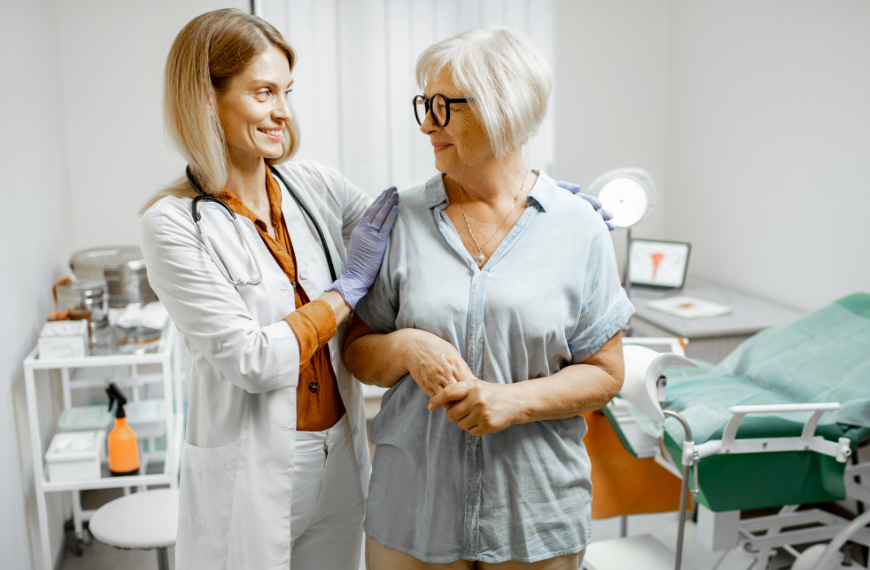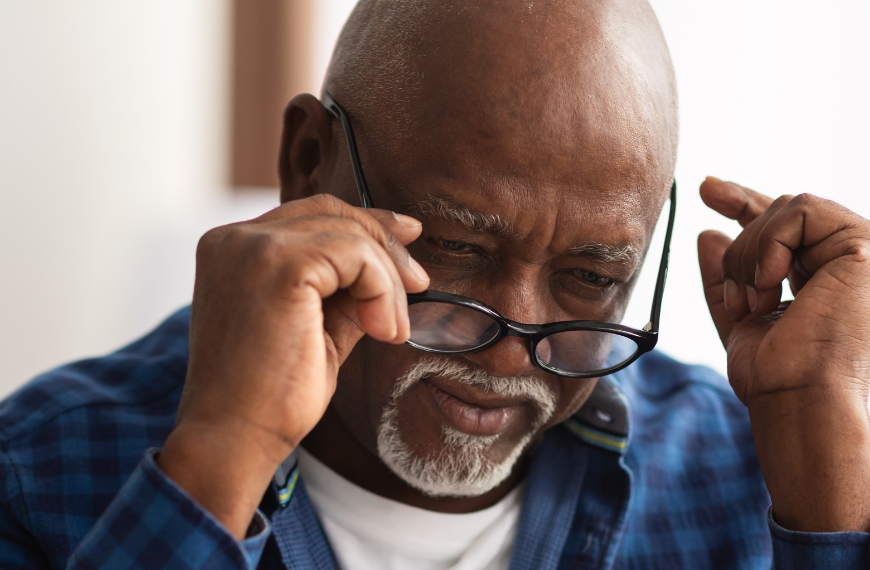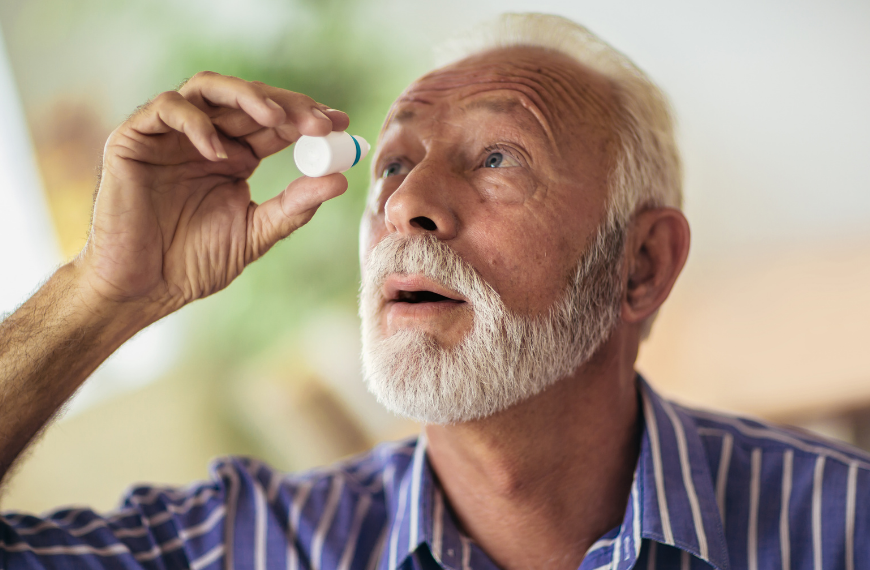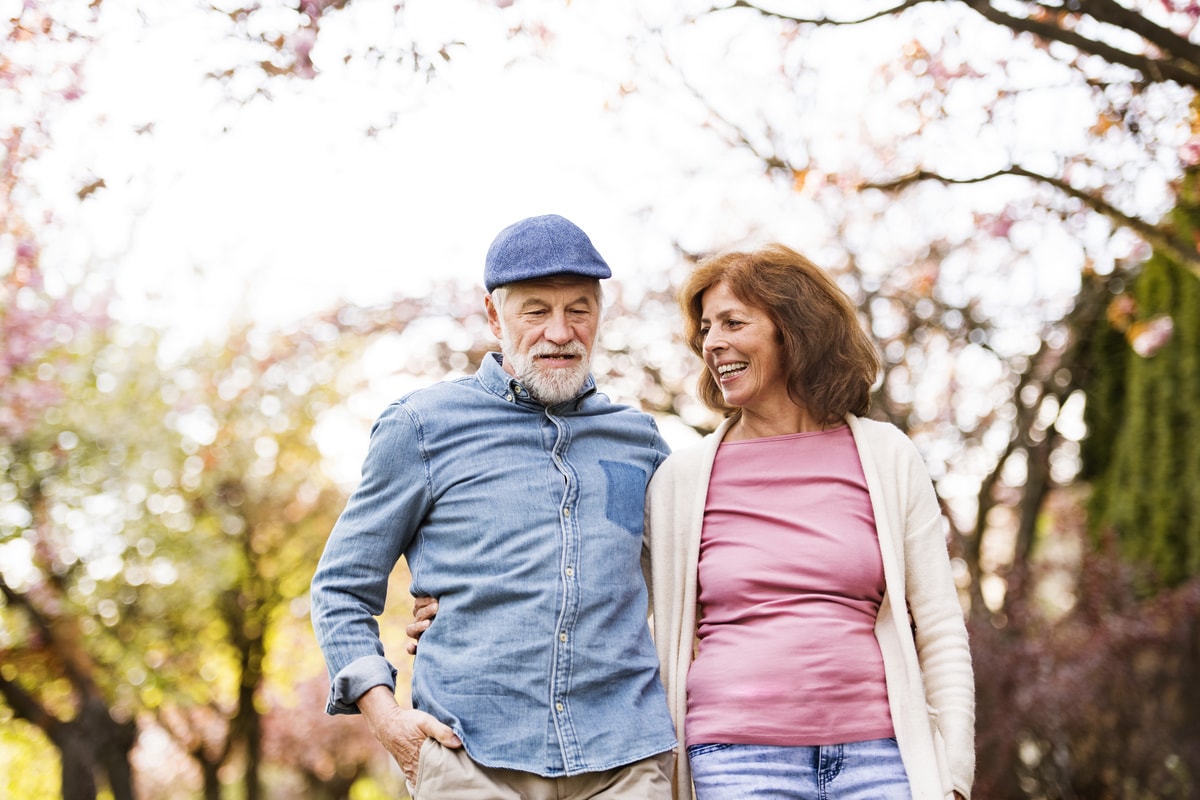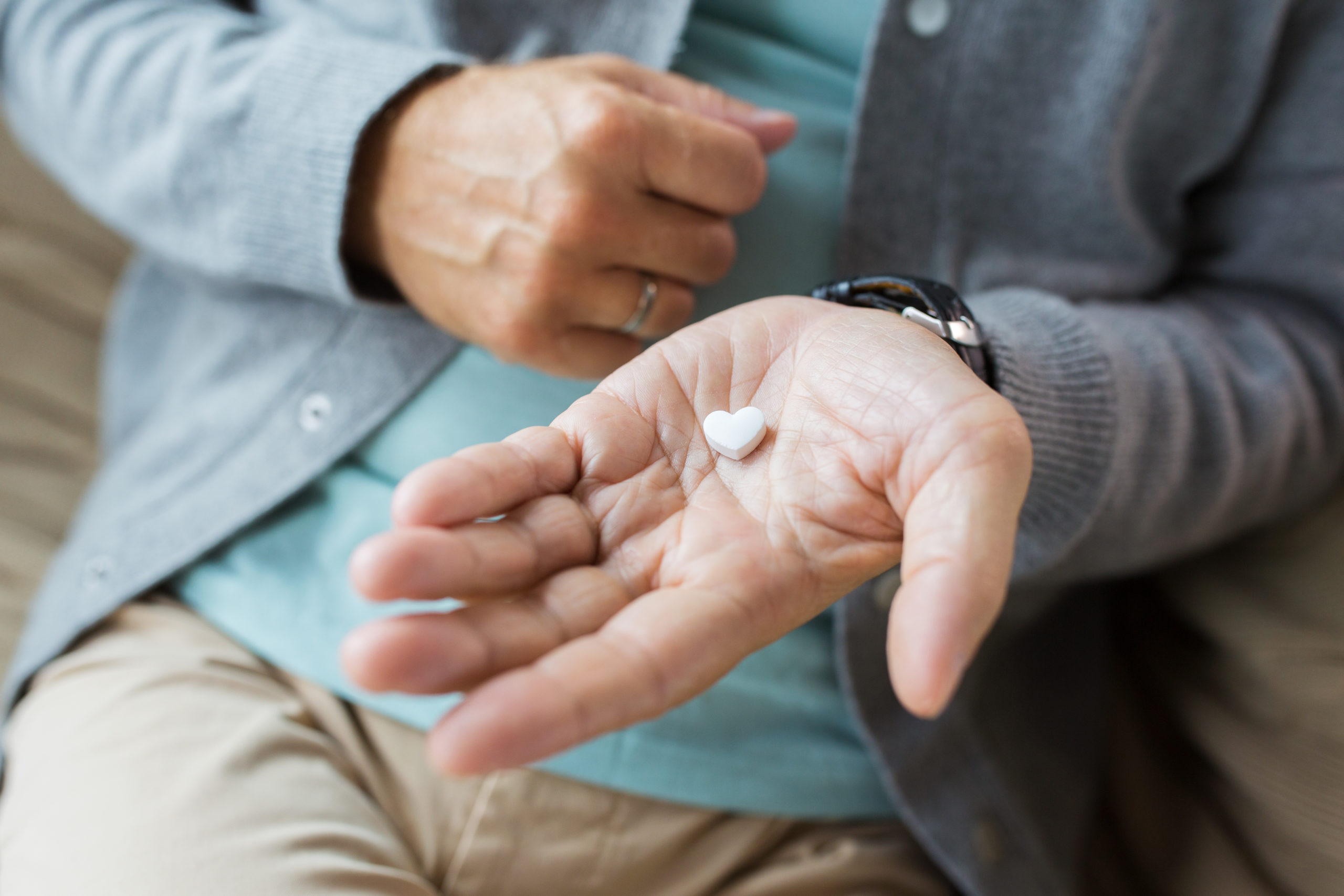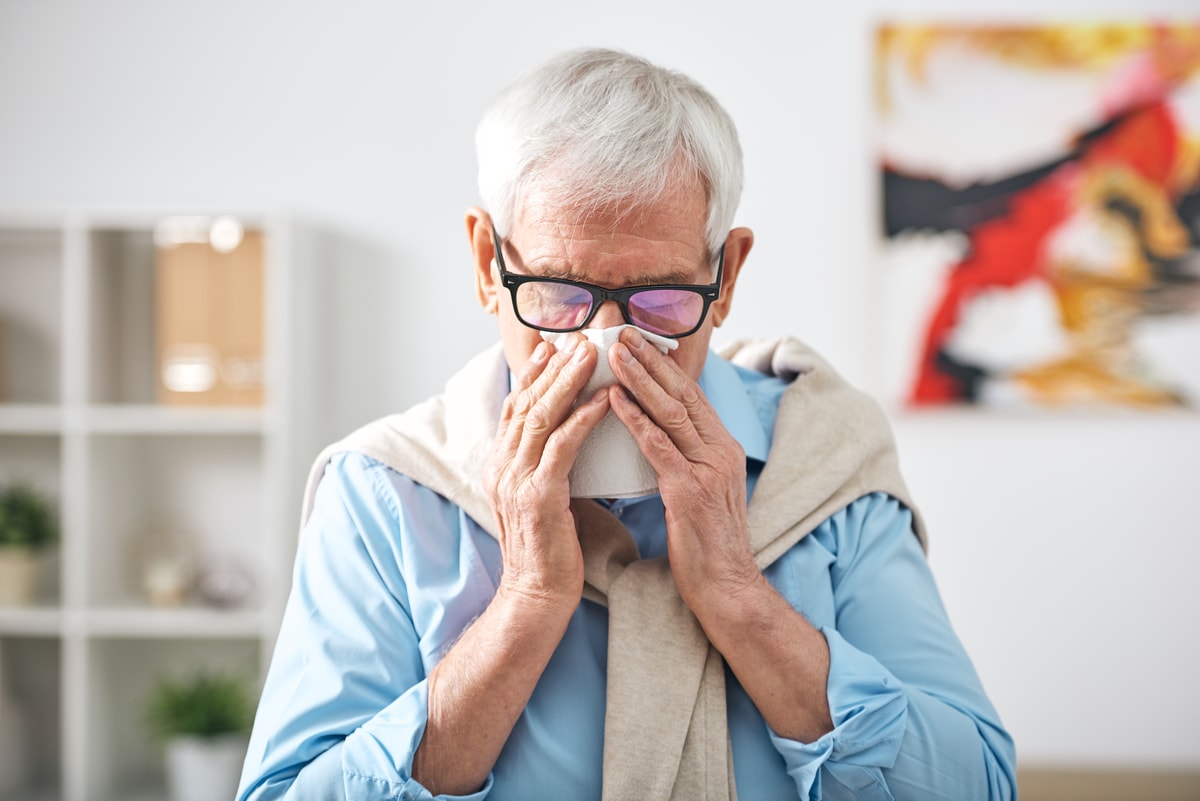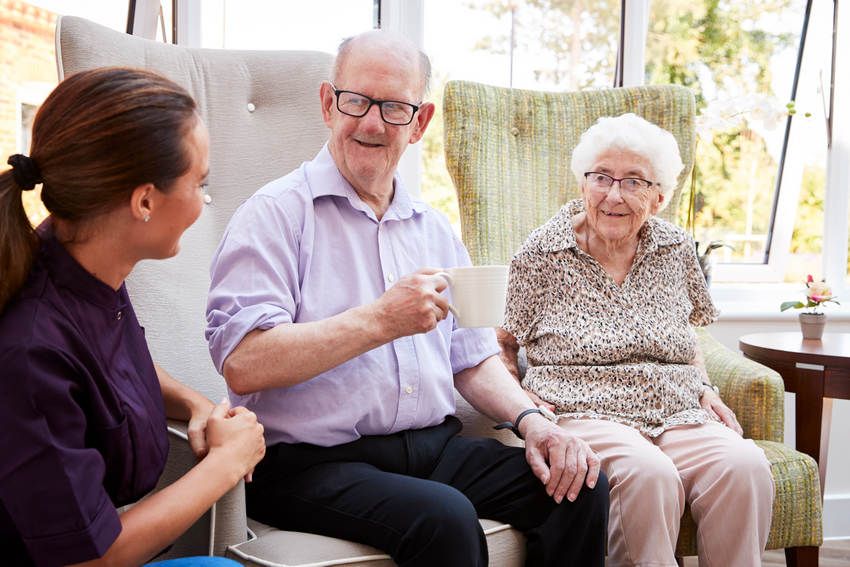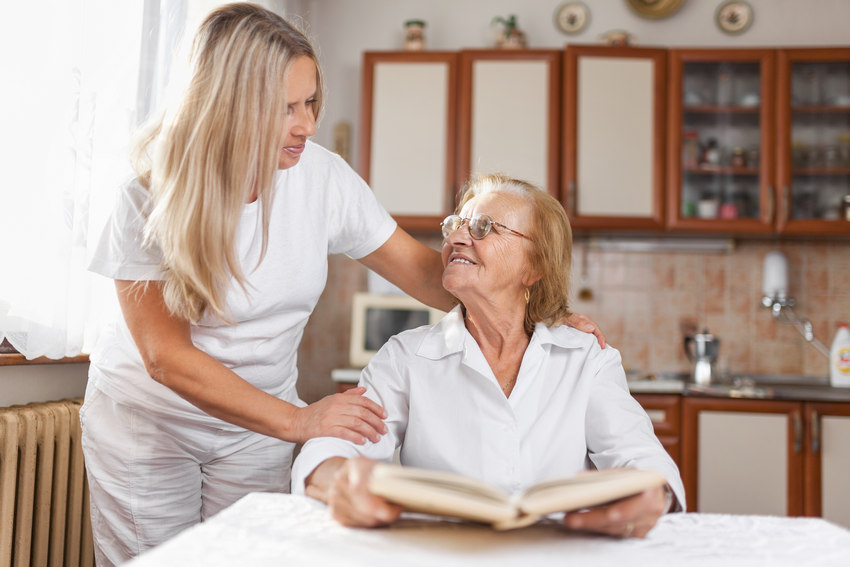Caregivers often face financial difficulties. They must take time off work to care for loved ones. If they seek professional assistance, out-of-pocket expenses will add up. The state of Pennsylvania offers a solution. Through the CDPAP program, you can get paid to care for family members in Harrisburg, PA. Read on to find out how it works.
Why Become a Caregiver for Your Love d One
· Relieves the financial burden of caregiving: When caregiving becomes your career, you will no longer need to take time off work to care for your loved one. You will receive a paycheck for the care you provide.
· You know your loved one is in good hands: When you provide care, you know your loved one will always be looked after by a trusting aide.
How to Get Paid to Care for Family Members in Harrisburg, PA
Qualifications
A caregiver must meet the following qualifications to be eligible for the CDPAP program:
· Must be at least 18 years of age
· Must be a Pennsylvania resident
· Must have completed caregiver training
· Must have obtained necessary certifications.
Program Options
Medicaid Home and Community-Based Services Waivers
The HCBS waiver allows Medicaid recipients to appoint a caregiver of their choice. The waiver can also cover certain care expenses. Medicaid provides limited HCBS waivers, so applicants must apply promptly to qualify.
PDA 60+ Waiver
The PDA 60+ waiver is available for Medicaid recipients 60 and older with dementia, Parkinson’s, Alzheimer’s, and other types of cognitive issues. It allows family members to care for older relatives in familiar surroundings. Eligibility requirements can vary by county.
Pennsylvania Caregiver Support Program
This program provides financial reimbursement for family caregiver costs, including services and supplies. Caregivers are also provided access to resources for respite care and other services to avoid burnout.
Families that qualify will be assigned a care manager who will evaluate the family’s needs and create a customized plan. Financial eligibility requirements apply.
PCAFC for Veteran Family Members
The PCAFC is available for veterans who sustained disabling injuries or illnesses in the line of duty. To be eligible, the veteran must require assistance with at least one daily living activity.
The program provides a $2750 monthly stipend to cover care costs. It also provides caregivers access to training, counseling, and respite care.
Work for a Home Care Agency
Working for a home care agency may be the most straightforward way to get paid to care for family members in Harrisburg, PA. The agency will determine your eligibility and provide the training you require. They will allow you to follow a new career path and reduce the financial burden of caregiving.
Many caregiver agencies offer training so you can get paid to care for a loved one, but AmeriBest stands out as a preferred provider. We offer competitive pay and benefits, consistent hours, and a supportive environment. Our ongoing training will help you establish yourself in the industry.
We also provide services for families that require professional caregivers. Our caring and compassionate aides offer various non-medical services. We will provide an easy process that puts your mind at ease.
Contact us to learn how you can get paid to care for family members in Harrisburg, PA.

